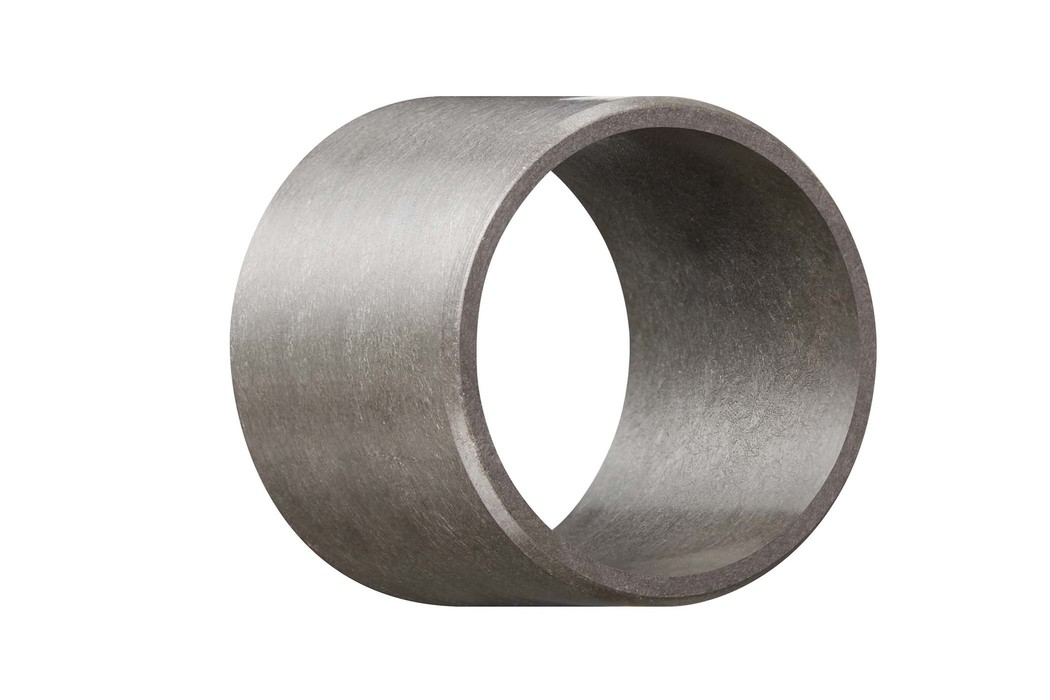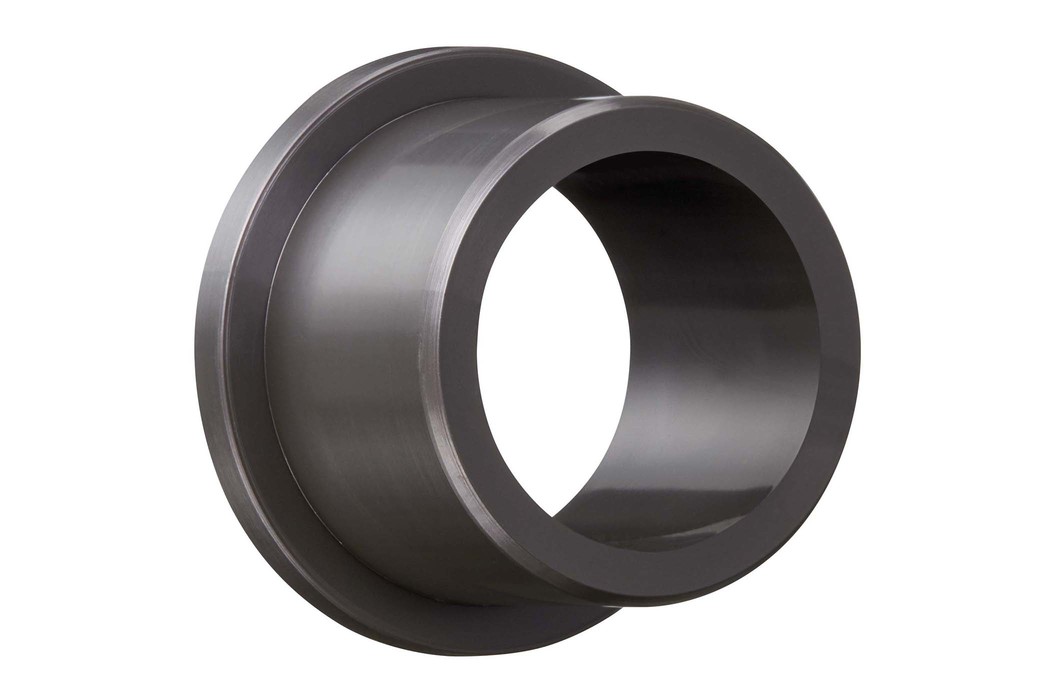Material Hub > Materialien
Materialien
-
Kategorie ThermoplasteEinsatztemperatur -200 – 80 °CDichte 0.96 g/cm³
-
Kategorie ThermoplasteEinsatztemperatur -200 – 80 °CDichte 0.96 g/cm³
-
Kategorie ThermoplasteEinsatztemperatur -200 – 80 °CDichte 0.95 g/cm³
-
Kategorie ThermoplasteEinsatztemperatur -200 – 80 °CDichte 0.95 g/cm³
-
Kategorie ThermoplasteEinsatztemperatur -200 – 80 °CDichte 0.94 g/cm³
-
Kategorie ThermoplasteEinsatztemperatur -100 – 80 °CDichte 0.96 g/cm³
-
Kategorie KunststoffeEinsatztemperatur -40 – 115 °CDichte 1.2 g/cm3
-
Kategorie KunststoffeEinsatztemperatur -100 – 80 °CDichte 0.95 g/cm3
-
Kategorie KunststoffeEinsatztemperatur -30 – 80 °CDichte 1.14 g/cm3
-
Kategorie KunststoffeEinsatztemperatur -30 – 80 °CDichte 1.14 g/cm3
-
Kategorie KunststoffeEinsatztemperatur -30 – 80 °CDichte 1.14 g/cm3
-
Kategorie KunststoffeEinsatztemperatur -30 – 80 °CDichte 1.14 g/cm3
-
Kategorie KunststoffeEinsatztemperatur -30 – 80 °CDichte 1.14 g/cm3
-
Kategorie KunststoffeEinsatztemperatur -40 – 115 °CDichte 1.2 g/cm3
-
Kategorie KunststoffeEinsatztemperatur -40 – 115 °CDichte 1.2 g/cm3
-
Kategorie ThermoplasteEinsatztemperatur -40 – 130 °CDichte 1.46 g/cm³
-
Kategorie ThermoplasteEinsatztemperatur -40 – 80 °CDichte 1.14 g/cm³
-
Kategorie ThermoplasteEinsatztemperatur -60 – 250 °CDichte 1.31 g/cm³
-
Kategorie ThermoplasteEinsatztemperatur < 260 °CDichte 1.31 g/cm³
-
Rhenolease® Lotusilk 19-s-M (Verschleißschutzschicht und Polysiloxan)
Rhenotherm Kunststoffbeschichtungs GmbH
Kategorie KunststoffbeschichtungEinsatztemperatur -50 – 150 °CDichte –







